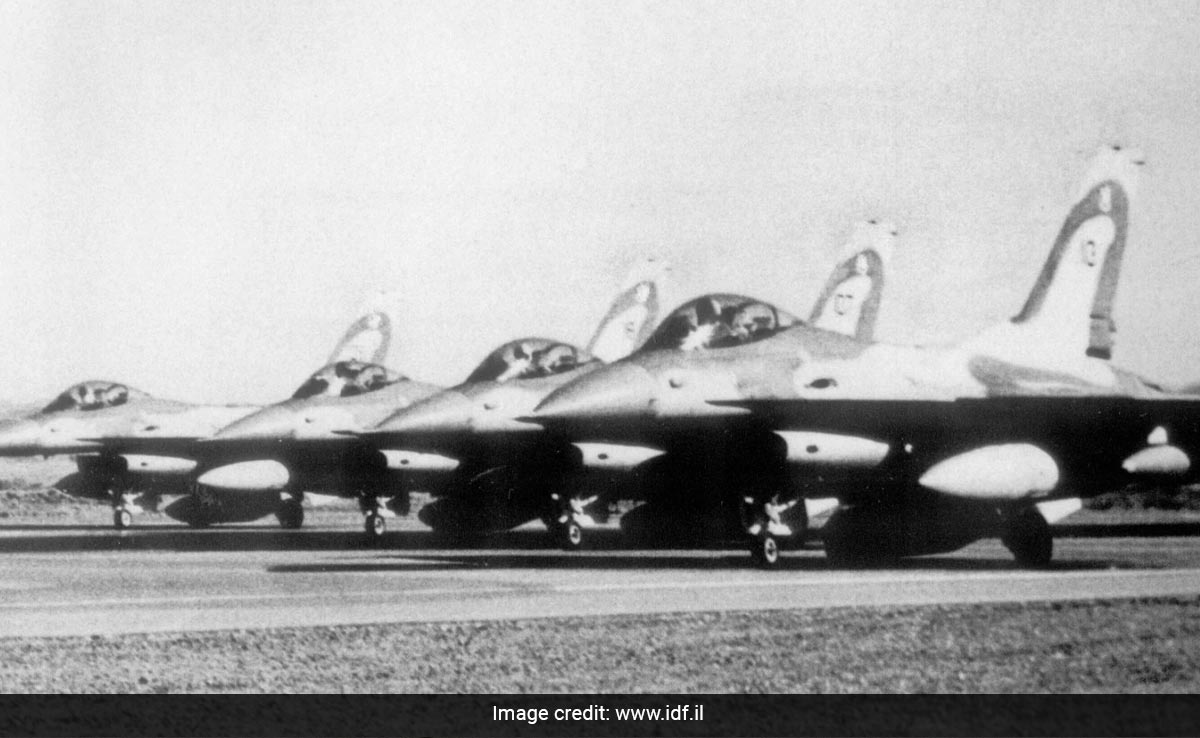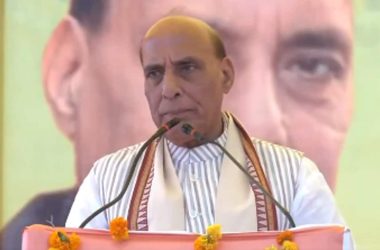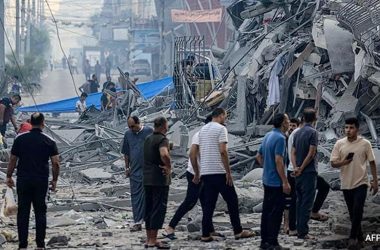Operation Opera: The aircraft took off from Israel in radio silence
New Delhi:
The Israel-Gaza war has a real risk of spreading into a larger regional war with Lebanon’s Iran-backed Hezbollah group firing missiles into Israel. Israel also launched counterattacks at the Hezbollah amid soaring border tensions. Both Israel and its closest ally the US have warned Hezbollah against opening a second front as Israel battles Hamas in Gaza Strip.
Israel and Iran have been fighting a proxy war. While Iran has been funding Hezbollah and the Palestinian Islamic Jihad and is said to be angling for the “leader” of the Arab world status, Israel has expressed concerns over Iran’s nuclear weapons programme. Israel, along with the US, have been vocal in condemning Iran’s alleged nuclear weapons programme, which they claim can destabilise the entire region.
It is in this context that a June 1981 airstrike by the Israeli Air Force, called “Operation Opera”, on a nuclear reactor in Iraq becomes relevant. Military analysts suspect Israel will not hesitate to carry out a similar strike on Iran if it finds itself cornered from all sides in the event of a full-scale regional war.
For now, there is no indication of an impending offensive by Hezbollah against Israel, despite growing border tensions. Iran, officially at least, has insisted it has no involvement in Hamas’ assault on Israel. While some neighbouring Arab countries — which have been keen to improve relations with Israel — see a chance to play a role as mediator. But the situation is extremely volatile.
The Israeli Air Force pilots who participated in the daring airstrike on a nuclear reactor under Operation Opera
Operation Opera: Israel’s Most Daring Airstrike
Iraq’s dictator Saddam Hussein started work on making a nuclear reactor in the 1970s. He signed a deal with France to build two nuclear reactors – Tamuz 1 and 2. Israel knew this was a big threat, as Iraq becoming a nuclear power under the dictator would be dangerous.
Israel eventually decided to bomb the nuclear reactor while it was still under construction. Operation Opera was the longest range airstrike by Israel on a single day.
The main concern was about selecting the flight path as there were several constraints – a great distance to target (1,100 km), several hostile countries on the way, and limited amount of fuel.
The flight path eventually selected was proposed by the then Israeli Air Force chief Major General David Ivry. He decided to send the jets over the vast, sandy expanse of Saudi Arabia to Iraq and back.
On June 7, 1981 at 4 pm, 14 fighter jets took off from Etzion airport in Israel. At approximately 5.30 pm, they struck and destroyed the Osirak nuclear reactor in Iraq, successfully completing their mission, according to the Israel Defence Forces (IDF) on its website detailing “Operation Opera”.
Operation Opera: The nuclear facility in Iraq moments before the Israeli Air Force airstrike (left), and during the strike (right)
“In the early stages of the operation, the IDF planned on using F-4 fighter jets. But as time went on, the newer F-16 fighter jets became available to use. During the operation, eight F-16 fighter jets from squadrons 110 and 117 were used and six F-15A fighter jets were used for backup. Aside from the fighter jets, there were approximately 60 other aircraft used in this operation,” the IDF says.
The jets took off from Israel in radio silence, with the radars switched off and flew along the 1,100-km path – equivalent to flying from Delhi to Mumbai, which was a long way away from home for the Israeli pilots. They flew over enemy territory in an extremely low altitude to avoid radar detection, which proved the extremely high skill level of the pilots. The jets were fully loaded with external fuel tanks, which were jettisoned once the fuel was used.
King Hussein of Jordan was holidaying in the port city of Aqaba during the attack. Seeing the planes pass over his head, he immediately notified the Iraqis to warn them that they may be the targets of an Israeli attack. It appears that Iraq never got the message as communication errors prevented the message from reaching Iraq, veteran Israeli journalist Shlomo Nakdimon wrote in an article in 2003.
They arrived and struck the Osirak nuclear reactor in Iraq – with each fighter jet bombing the facility five seconds after the other, the IDF says. All the jets then returned home safely.
“The name of Operation Opera was chosen from a name bank. The operation was supposed to take place several times before it actually broke out. To ensure the operation’s secrecy, it was given different names each time. When the operation finally took place, the official name was set as Operation Opera,” the IDF says.
Many nations condemned Israel for the airstrike on the nuclear reactor. But after the first Gulf War in 1990-91, leaders retroactively supported the incredible operation as the Israeli attack prevented Iraq from eventually acquiring nuclear weapons.
Waiting for response to load…








